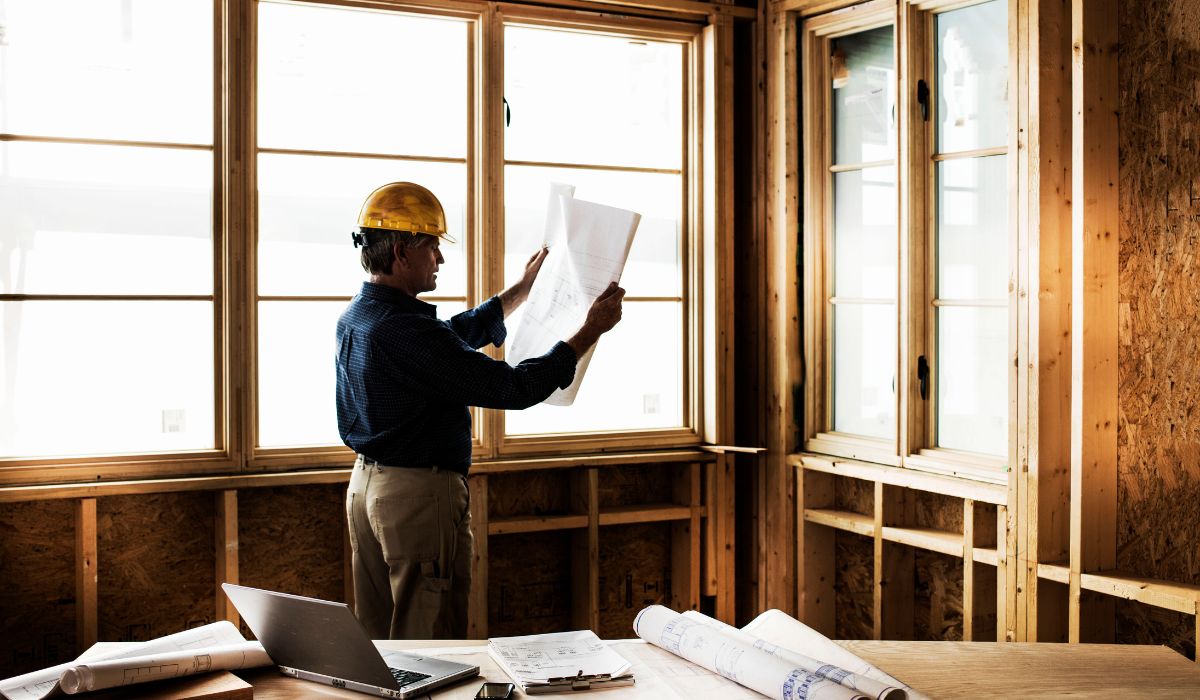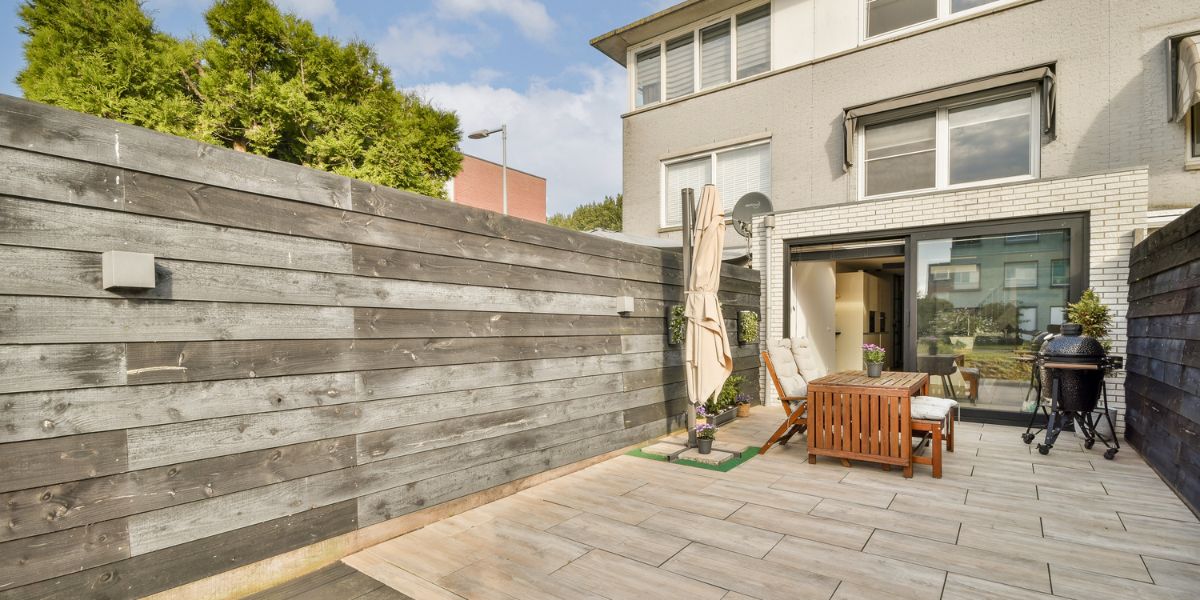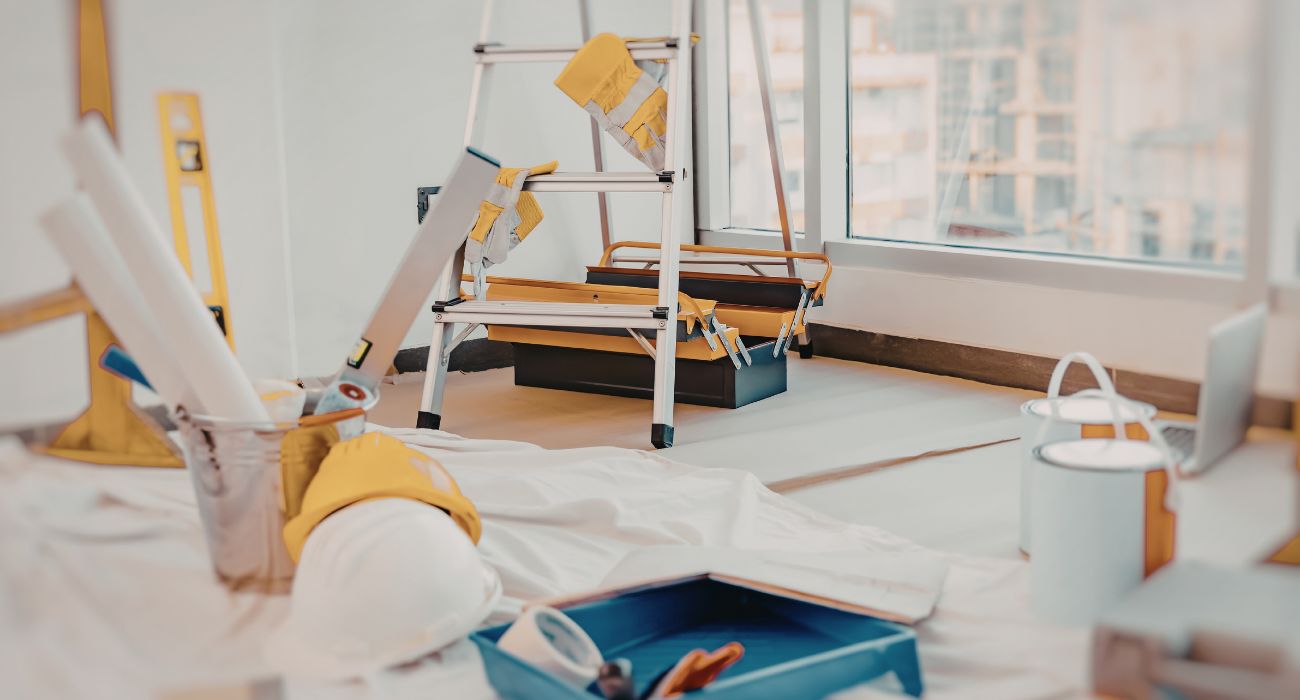Blog
What is The Best Flooring for Coastal Homes?
March 28, 2023

Living in a coastal home has its own unique charm, with stunning views of the ocean, fresh sea air, and a relaxed lifestyle. However, it also presents certain challenges, such as saltwater damage, humidity, and sand accumulation, which can cause wear and tear on your home’s flooring.
Choosing the right flooring for your coastal home is crucial not only for maintaining its aesthetic appeal but also for ensuring its durability and longevity. In this blog post, we will explore the best flooring options for coastal homes and the factors to consider when making your selection.
Factors to Consider When Choosing Flooring for Coastal Homes
When choosing flooring options for your coastal home, there are several factors to consider to ensure that your floors can withstand the unique challenges of living near the ocean.
- Water-resistance: Coastal homes are prone to water damage. Flooring that is not water-resistant can quickly become damaged by exposure to moisture, leading to issues such as warping, buckling, and rotting.
Furthermore, in coastal areas, there is a higher risk of flooding during storms or hurricanes, which can cause significant water damage to your home’s flooring. Water-resistant flooring can help to prevent such damage, making it easier to clean and maintain your floors, and ultimately extending their lifespan. So it’s important to choose flooring that can resist water and prevent warping or rotting.
- Durability: Coastal homes are exposed to the elements, including heavy foot traffic, sand, and saltwater, so your flooring should be strong enough to withstand these conditions without showing signs of wear and tear.
- Moisture-resistance: Humidity levels tend to be high in coastal areas, and your floors should be able to handle the excess moisture without becoming damaged or developing mould and mildew. Thus moisture-resistant flooring is a vital consideration when choosing flooring for coastal homes.
- Salt resistance: Saltwater can also corrode certain types of flooring, causing them to deteriorate and lose its structural integrity. so it’s essential to choose a material that can resist saltwater corrosion and damage.
- Sand or abrasion resistance: Sand can accumulate quickly in a coastal home, causing scratches and abrasions on your floors. Choosing a material that is resistant to sand and easy to clean can help prevent damage and ensure the longevity of your floors.
Flooring Options for Coastal Homes
When it comes to choosing a floor for your coastal home, there are several options to consider, each with its unique advantages and disadvantages. The right flooring choice can add style and character to your home, while also withstanding the unique challenges of living near the ocean, such as saltwater, humidity, and sand accumulation.
In this section, we will explore some of the best flooring options for coastal homes and their respective benefits, helping you make an informed decision for your unique living situation.
A: Porcelain or Ceramic Tile
Porcelain tile is an excellent flooring option for coastal homes, thanks to its durability, water resistance, and long lifespan. Porcelain tile also known as ceramic tile is made from dense, high-quality clay that is fired at extremely high temperatures, making it an ideal choice for areas with high humidity and moisture levels, such as coastal homes.
Benefits:
- One of the primary benefits of porcelain tile is its water resistance. This material is virtually impervious to water, which makes it an excellent choice for bathrooms, kitchens, and other high-moisture areas.
- It is also resistant to staining and scratching, making it a low-maintenance option that is easy to clean and maintain.
- Another advantage of porcelain tile is its durability. It is a highly resilient material that can withstand heavy foot traffic, sand accumulation, and saltwater exposure without showing signs of wear and tear.
- Porcelain tile is also resistant to fading, so it will retain its original colour and appearance for many years.
Drawbacks:
- One of the primary concerns is that it can be slippery when wet, which can be dangerous, especially for young children and the elderly.
- Additionally, porcelain tile can be relatively expensive compared to other flooring options, which may not be suitable for all budgets.
B: Luxury Vinyl Plank (LVP)
Luxury Vinyl Plank (LVP) or coastal vinyl plank flooring is a popular flooring option for coastal homes due to its durability, water resistance, and low maintenance. LVP is a synthetic flooring material that mimics the look of hardwood, tile, or stone but at a lower cost. It is made up of multiple layers of vinyl and has a wear layer on top that protects against scratches, scuffs, and stains. Here are some benefits and drawbacks of LVP as a flooring option for coastal homes.
Benefits:
- Water Resistance: One of the biggest advantages of LVP is its water resistance. It is impervious to water and can withstand spills, moisture, and humidity. This makes it ideal for coastal homes where water damage is a common concern.
- Durability: LVP is known for its durability and resistance to wear and tear. It can withstand heavy foot traffic, scratches, and impacts without showing signs of damage.
- Low Maintenance: LVP is easy to maintain and requires minimal upkeep. It can be cleaned with a damp mop or vacuumed regularly to keep it looking new.
- Wide Range of Styles: LVP comes in a variety of colours, patterns, and textures, making it easy to find a style that suits your coastal home décor.
Drawbacks:
- Environmental Concerns: LVP is made of synthetic materials and can release volatile organic compounds (VOCs) into the air, which can be harmful to human health. Higher-quality LVPs don’t have this issue.
C: Natural Stone Flooring
Natural stone flooring is a timeless and elegant option for coastal homes. Its durability and natural beauty make it a popular choice for homeowners looking to add a touch of luxury to their beach house or coastal home.
Benefits:
- Durability: Natural stone flooring is extremely durable and can withstand heavy foot traffic, making it an ideal choice for beach houses and coastal homes where sand and saltwater can cause wear and tear on traditional flooring options.
- Aesthetic appeal: Natural stone flooring has a timeless and elegant look that adds an upscale touch to any coastal home. It comes in a variety of colours, textures, and patterns that can complement any décor style.
- Low maintenance: Natural stone flooring is easy to maintain and requires minimal upkeep. It is resistant to stains and spills, making it a practical option for coastal homes.
Drawbacks:
- Slippery: Natural stone flooring can be slippery when wet, which can be a safety hazard in coastal homes where sand and saltwater are prevalent.
- Cost: Natural stone flooring is one of the more expensive flooring options and can be a significant investment for homeowners on a budget.
- Coldness: Natural stone flooring can be quite cold underfoot, which can be uncomfortable in cooler weather.
Maintenance Tips for Coastal Flooring
Maintenance of coastal flooring is essential to ensure its longevity and to prevent damage from the salty air, sand, and moisture. Here are some tips for maintaining coastal flooring:
A. Regular Cleaning:
Regular cleaning of coastal flooring is necessary to remove sand, dirt, and debris that can scratch and damage the surface. Sweep or vacuum the flooring at least once a week, and use a damp mop or a gentle cleaner to remove stubborn stains.
B. Moisture Prevention:
Moisture is one of the biggest enemies of coastal flooring. Prevent moisture buildup by using dehumidifiers or air conditioners to reduce humidity levels in the home. In addition, wipe up any spills or standing water immediately to prevent moisture from seeping into the flooring.
C. Sand and Dirt Prevention:
Sand and dirt are abrasive and can scratch and damage coastal flooring over time. To prevent sand and dirt buildup, use doormats at all entry points and encourage family members and guests to remove their shoes before entering the home. Regularly sweep or vacuum high-traffic areas to prevent the buildup of sand and dirt.
If you’re looking for premium home building and renovation solutions, look no further than Distinguished Homes. Our team of experts is dedicated to creating high-quality homes and providing exceptional customer service. Whether you’re building a new home or renovating an existing one, we have the skills and expertise to bring your vision to life. Contact us today to schedule a consultation and start creating the home of your dreams.
Read on about the best general flooring options for your home.












